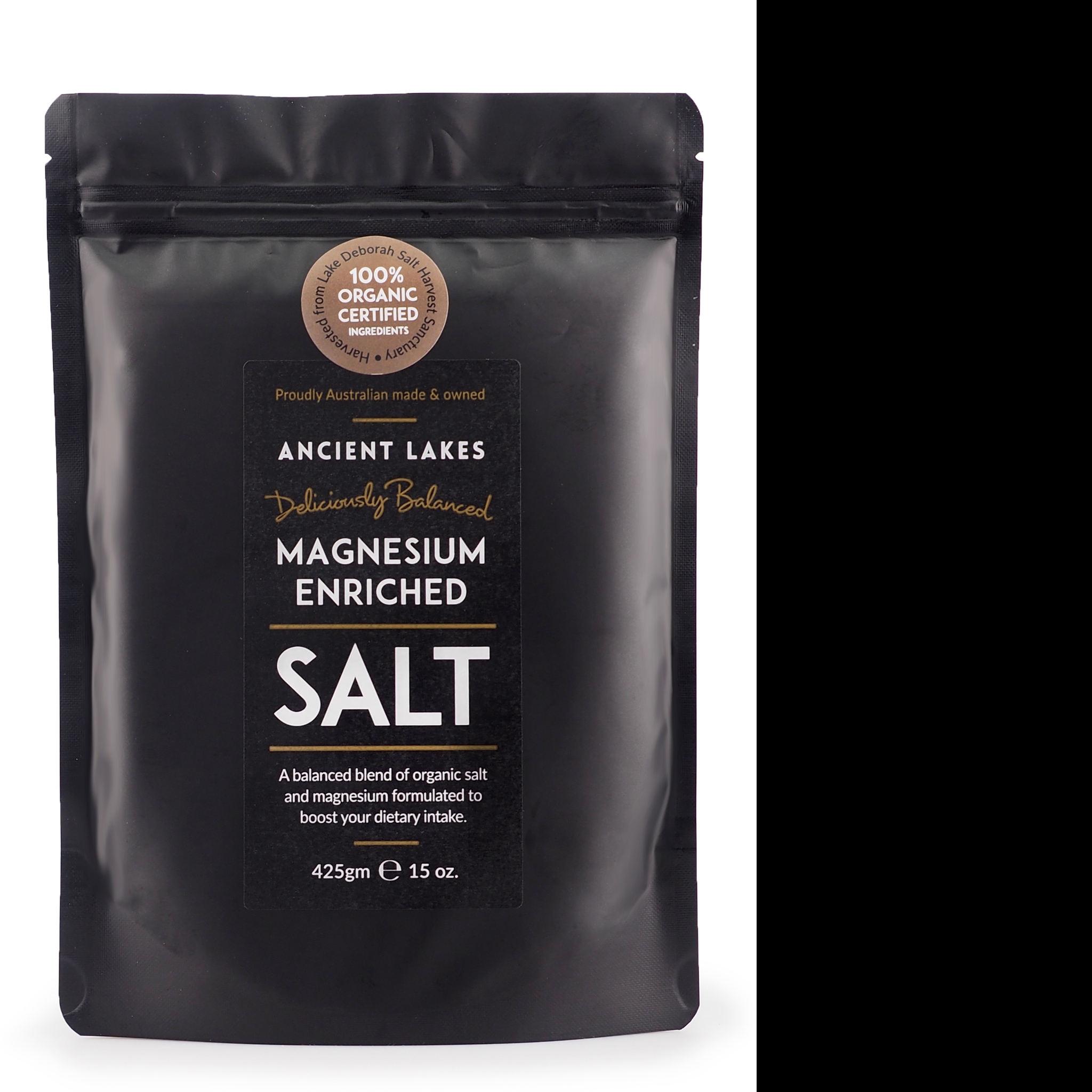It's my understanding that he actually increased his salt intake during that time. In one interview he talks about the cook adding extra salt to his morning porridge. If I find the interview I will post it.Just bumping this as I have been looking at my salt intake with regards to body composition, cortisol/stress and aldosterone. Perhaps retaining too much water. I had a big surprise when I found something I quoted recently where Ray himself actually ate "Low salt" while doing his forestry work. My understanding is, as long potassium, calcium and magnesium are sufficient it is OK. It's not about guzzling salt, although I do find it warming and somewhat relaxing, it's more nuanced than I realised.
Edit - here is the interview clip

